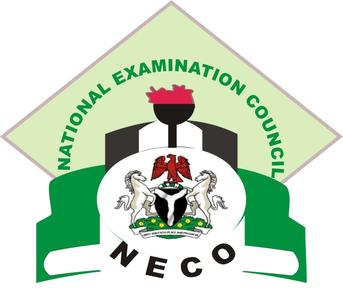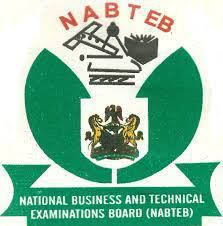Physics Syllabus For 2018/2019 NECO GCE And Hot Topics To Read For the Questions and Answers
 The syllabus is evolved from the Senior Secondary School teaching syllabus and is intended to indicate the scope of the course for Physics examination.
It is structured with the conceptual approach. The broad concepts of matter, position, motion and time; energy; waves; fields; Atomic and Nuclear Physics, electronics are considered and each concept forms a part on which other sub-concepts are further based.
SEE MORE… Neco 2018/2019/2020 Syllabus And Hot Topics For All Subjects Questions and Answers
The aims of the syllabus are to enable candidates
(1) acquire proper understanding of the basic principles and applications of
Physics;
(2) develop scientific skills and attitudes as pre-requisites for further scientific
activities;
(3) recognize the usefulness, and limitations of scientific method to appreciate
its applicability ion other disciplines and in every life;
(4) develop abilities, attitudes and skills that encourage efficient and safe
practice;
(5) develop scientific attitudes such as accuracy, precision, objectivity, integrity,
initiative and inventiveness.
SEE MORE.. Neco Gce 2018/2019 Syllabus And Hot Topics For Agric Science Questions and Answers
ASSESSMENT OBJECTIVES
The following activities appropriate to Physics will be tested:
The syllabus is evolved from the Senior Secondary School teaching syllabus and is intended to indicate the scope of the course for Physics examination.
It is structured with the conceptual approach. The broad concepts of matter, position, motion and time; energy; waves; fields; Atomic and Nuclear Physics, electronics are considered and each concept forms a part on which other sub-concepts are further based.
SEE MORE… Neco 2018/2019/2020 Syllabus And Hot Topics For All Subjects Questions and Answers
The aims of the syllabus are to enable candidates
(1) acquire proper understanding of the basic principles and applications of
Physics;
(2) develop scientific skills and attitudes as pre-requisites for further scientific
activities;
(3) recognize the usefulness, and limitations of scientific method to appreciate
its applicability ion other disciplines and in every life;
(4) develop abilities, attitudes and skills that encourage efficient and safe
practice;
(5) develop scientific attitudes such as accuracy, precision, objectivity, integrity,
initiative and inventiveness.
SEE MORE.. Neco Gce 2018/2019 Syllabus And Hot Topics For Agric Science Questions and Answers
ASSESSMENT OBJECTIVES
The following activities appropriate to Physics will be tested:
- Acquisition of knowledge and understanding:
- Scientific phenomena, facts laws, definitions, concepts and theories;
- Scientific vocabulary, terminology and conventions (including symbols, quantities
- The use of scientific apparatus, including techniques of operation and aspects of
- Scientific quantities and their determinations;
- Scientific and technological applications with their social economic and
- Information Handling and Problem-solving
- locate select, organize and present information from a variety of sources including everyday experience;
- analyse and evaluate information and other data;
- use information to identify patterns, report trends and draw inferences;
- present reasonable explanations for natural occurrences, patterns and relationships;
- make predictions from data.
- Experimental and Problem-Solving Techniques
- follow instructions;
- carry out experimental procedures using apparatus;
- make and record observations, measurements and estimates with due regard to
- interpret, evaluate and report on observations and experimental data;
- identify problems, plan and carry out investigations, including the selection of
- evaluate methods and suggest possible improvements;
- state and explain the necessary precautions taken in experiments to obtain
Categories: NECO SSCE Syllabus Questions
0 Responses




